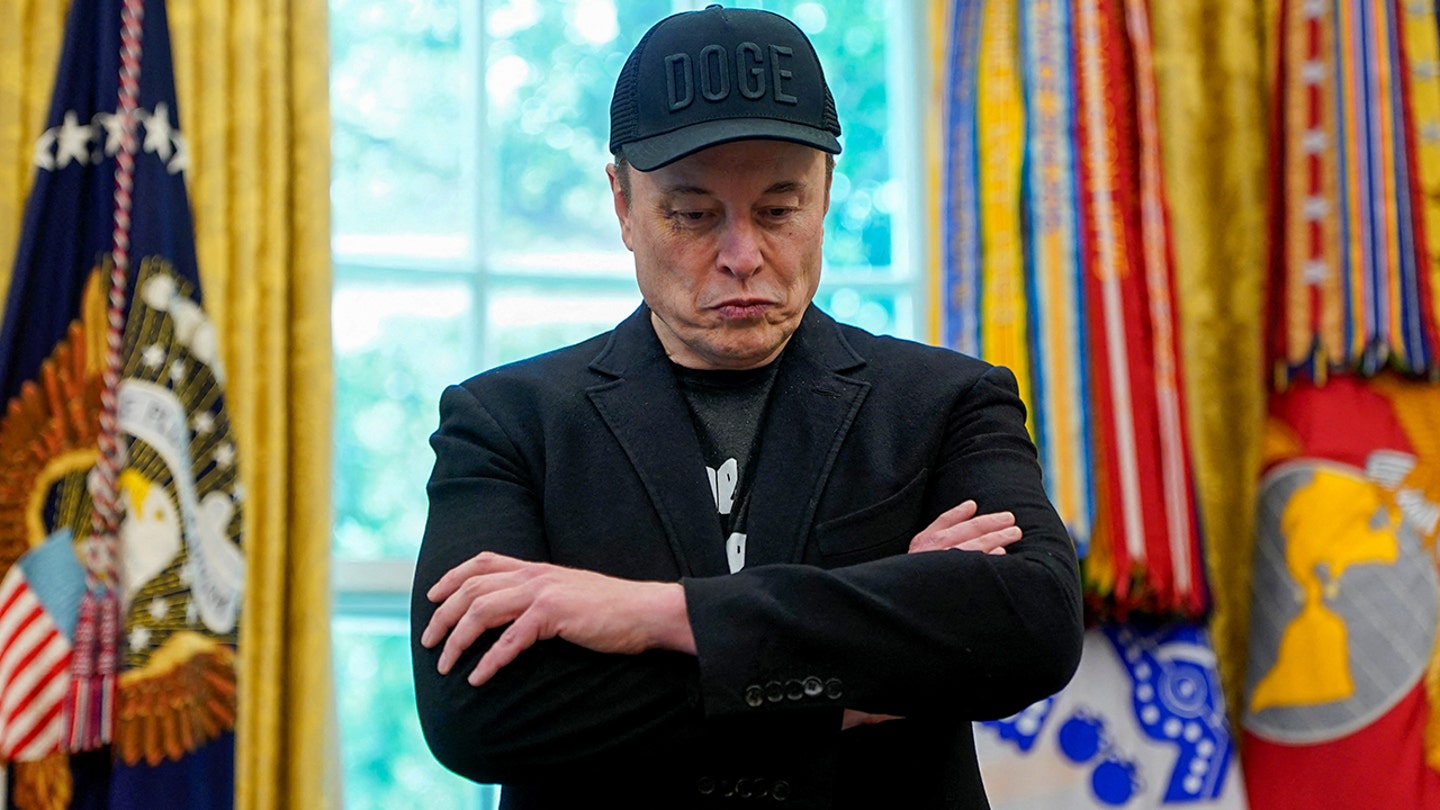
How AOC built a Democratic fundraising juggernaut
Entities mentioned:
- Alexandria Ocasio-Cortez: Influence, Power, Recognition
- Democratic Party: Unity, Control, Power
- Bernie Sanders: Righteousness, Justice, Influence
- Faiz Shakir: Loyalty, Influence, Professional pride
- Waleed Shahid: Influence, Righteousness, Change
- David Axelrod: Analysis, Recognition, Influence
- Oliver Hidalgo-Wohlleben: Loyalty, Professional pride, Duty
- Zohran Mamdani: Ambition, Recognition, Influence
- Chuck Schumer: Power, Control, Legacy
Article Assessment:
Credibility Score: 75/100
Bias Rating: 45/100 (Center)
Sentiment Score: 65/100
Authoritarianism Risk: 25/100 (Generally Democratic)
Bias Analysis:
The article presents a balanced view of AOC's fundraising success, including perspectives from various political strategists. While it highlights her achievements, it also includes neutral observations about potential implications, maintaining a centrist stance.
Key metric: Democratic Party Fundraising and Voter Engagement
As a social scientist, I analyze that this article highlights a significant shift in the Democratic Party's fundraising dynamics, with Alexandria Ocasio-Cortez emerging as a formidable force in small-dollar donations. This trend indicates a potential realignment of power within the party, moving away from traditional big donors towards a more grassroots-funded model. The success of AOC's fundraising strategy, particularly in conjunction with Bernie Sanders, suggests a growing appetite among Democratic voters for more progressive policies and candidates. This could have far-reaching implications for the party's future direction, candidate selection, and policy priorities. The article also hints at the possibility of AOC's future political aspirations, including potential presidential ambitions, which could further reshape the Democratic landscape. The emphasis on small-dollar donations and grassroots support aligns with a broader trend of populist politics and could influence how future campaigns are run and financed across the political spectrum.

Elon Musk halts plans for new political party, prioritizing business instead: report
Entities mentioned:
- Elon Musk: Ambition, Influence, Self-preservation
- America Party: Unity, Freedom, Change
- Republican Party (GOP): Power, Control, Self-preservation
- JD Vance: Ambition, Power, Loyalty
- Donald Trump: Power, Control, Revenge
- Department of Government Efficiency: Duty, Professional pride, Control
Article Assessment:
Credibility Score: 65/100
Bias Rating: 55/100 (Center)
Sentiment Score: 45/100
Authoritarianism Risk: 35/100 (Generally Democratic)
Bias Analysis:
The article presents a relatively balanced view, incorporating multiple perspectives and sources. However, there's a slight lean towards emphasizing the drama and personal conflicts, which is typical of center-right reporting on political figures.
Key metric: Political Polarization Index
As a social scientist, I analyze that this article highlights the complex interplay between business interests and political ambitions in the American political landscape. Musk's reported decision to halt plans for a new political party reflects the challenges of disrupting the established two-party system. The apparent reconciliation between Musk and Trump, after a period of public conflict, suggests a strategic realignment that could impact political discourse and voter sentiment. This development may contribute to maintaining the status quo in terms of political polarization, as the potential for a significant third-party option seems to have diminished. The article also underscores the influence of high-profile individuals in shaping public opinion and political narratives through social media platforms.